‘Inhumane’ sanctions have ‘destructive’ impact on Iran’s healthcare sector: Minister
Iran’s health minister Bahram Einollahi has denounced unilateral US sanctions against the country as “inhumane,” noting that the embargos have had a “destructive” impact on the resilience of the country’s healthcare sector.
Einollahi made the remarks on Wednesday while addressing the 69th session of the WHO Regional Committee for the Eastern Mediterranean currently underway in the Egyptian capital of Cairo.
“Coercive, unilateral and inhumane sanctions against the Islamic Republic of Iran have had destructive effects on some pillars of the resilience of Iran’s health system and, in particular, it has restricted the access to essentials needed to control pandemics,” he stressed.
“This is in contravention of the spirit of solidarity and cooperation between countries and also in contrast to the principle which says no one is safe until everyone is safe,” he hastened to add.
The United States under former president Donald Trump reinstated crippling sanctions on Iran after unilaterally walking out of the 2015 nuclear deal in May 2018, despite Iran's full compliance with the terms of the agreement.
The sanctions have been choking up the financial channels that could be used towards providing Iran with essential medicine, material, or medical equipment.
Although Washington and its Western allies claim that humanitarian goods are exempted from sanctions, tens of thousands of patients in Iran have over the years died or developed critical ailments due to the non-availability of essential drugs over the years.
The blanket ban on banking transactions involving Iran have made it impossible for the country to access life-saving medicine and medical equipment.
“Blocking financial transactions between Iranian and international banks has led to a dangerous delay in procuring medicines, vaccines, equipment, and required material for diagnostic and treatment procedures as well as materials needed for domestic vaccine producers,” Einollahi noted.
Iranian authorities say the US has been bullying companies in Europe and other parts of the world to make them stop trading with Iran.
The issue became more acute during the spread of the coronavirus in Iran in 2020 when the country was forced to delay a nationwide vaccination program against the disease because sanctions made it impossible to pay for vaccine supplies ordered from other countries.
Iran's then-foreign minister Javad Zarif even tweeted items required to contain the outbreak, which included ventilators, electroshock devices, nebulizer devices, infusion pumps, CT Scan 16 Slice machines, eco-sonography devices, digital x-ray machines, diagnostic test kits, protective masks, disposable gloves etc, to gain the attention of the international community.
Despite the global outcry and a spate of letters written by Iranian officials at the time, seeking help and cooperation of other countries in fighting this pandemic, the international community refused to break its silence.
Iran’s government spokesman Ali Bahadori Jahromi in his remarks on Sunday said the West was "taking revenge" on Iranians by waging a “campaign of genocide” against the country’s patients.
He estimated that around 220 Iranian thalassemia patients would be the victims of sanctions imposed by the United States against Iran by the end of the Iranian calendar year falling on March 2023.
“Seventy thalassemia patients lost their lives in the year 2018, 90 in 2019, 140 in 2020 and 180 died last year due to sanctions. According to the projections this year, 220 patients will be the victims of cruel sanctions," Jahromi wrote in a Persian-language post on his Twitter account.
"Add to this statistic, EB (epidermolysis bullosa) patients and all those [patients with rare and refractory diseases] in need of special medicinal products."
Also on Sunday, Iran’s Foreign Ministry spokesman Nasser Kan’ani slammed US sanctions against the Islamic Republic, saying the bans were the “backbone” of America's human rights regulations.
“The whole Iranian people, without any distinction and discrimination, have been struggling for many years with the brutal sanctions of the United States, which have targeted their livelihood, jobs, health and normal life,” Kan’ani said.
“Even EB children were not exempted from the unilateral, illegal and cruel US sanctions. Sanctions are the backbone of American human rights,” he noted.
EB patients are often referred to as "butterfly children" because their skin is as fragile as a butterfly's wings. Any action that causes friction between two layers of skin, such as squeezing or rubbing, can cause blisters and dangerous wounds. The survival of these patients hinges upon the timely use of special bandages.
Back in July, Iran’s ambassador to Sweden Ahmad Ma’soumifar said that a company in the European country has halted the supply of these bandages under the influence of cruel US sanctions.
“Is this not a blatant violation of the rights of children and a crime against humanity?” he framed on July 11 in a Twitter post.
VIDEO | Homes under occupation: When living rooms become military posts
War could reach your own doorsteps: Iraqi anti-terror group warns Iran’s enemies
IRGC: Iran holds upper hand in determining any war’s endgame
'Fingers on trigger': Iran warns of strong response while signaling openness to 'fair' deal
Iran’s power makes any hostile military action 'high-risk': IRGC deputy cmdr.
India's PM Modi pays tribute to veteran politician killed in plane crash
Slovak PM describes Trump’s state of mind as 'dangerous' to EU leaders
Yemen’s Ansarullah warns US of aircraft carrier deployment in Red Sea


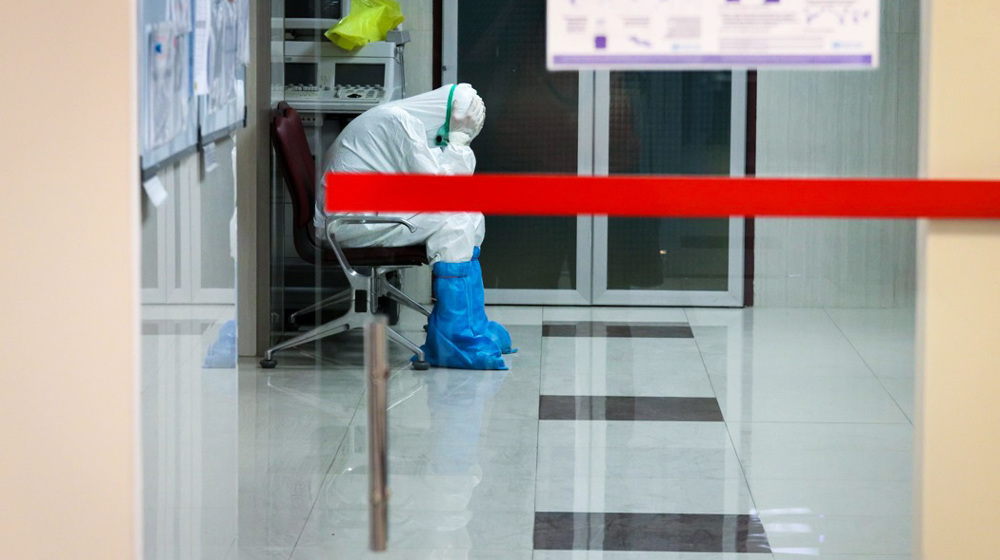
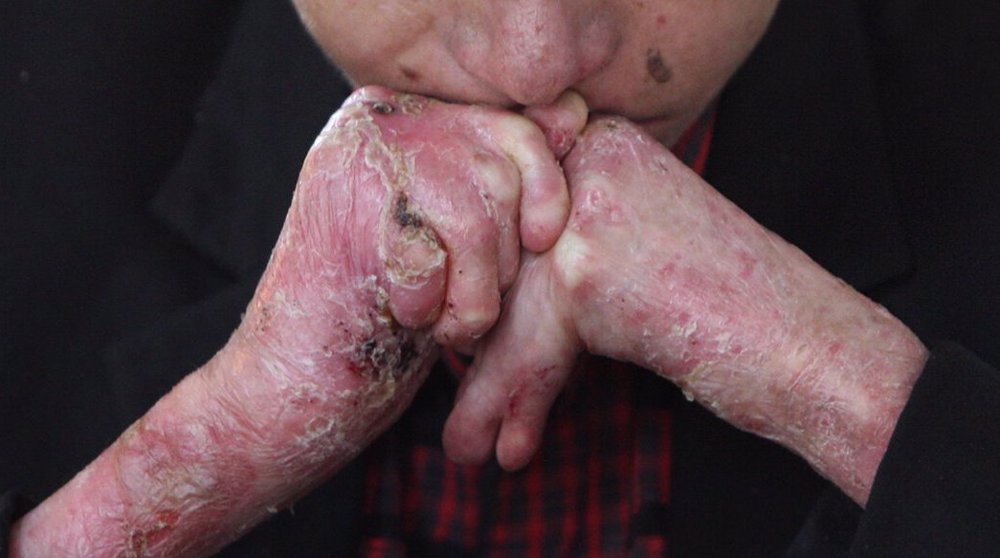
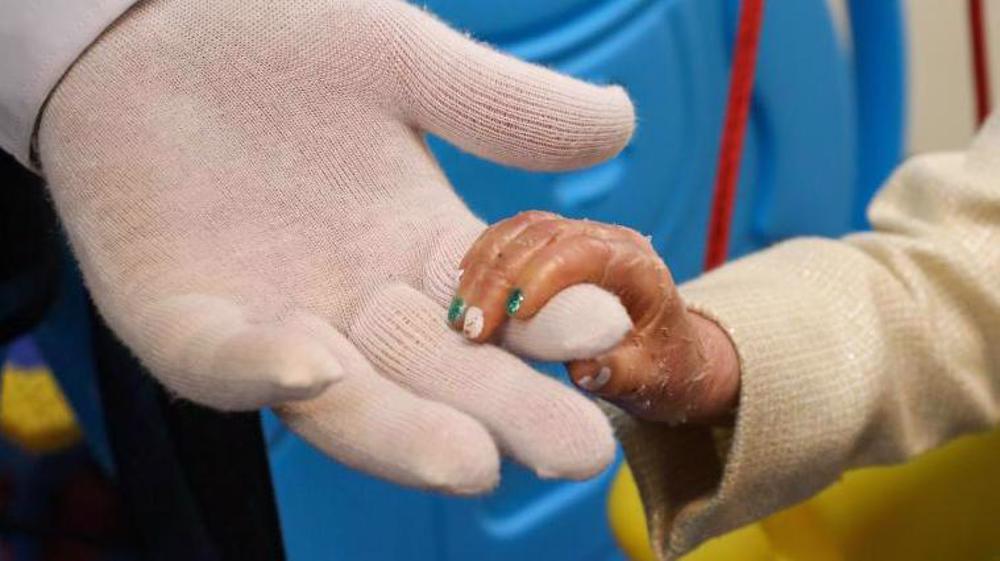
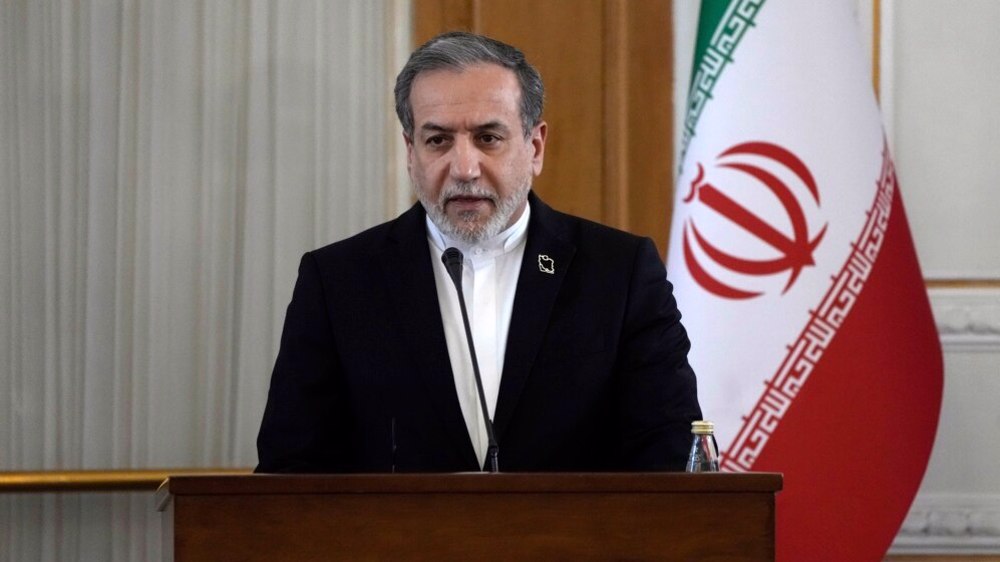
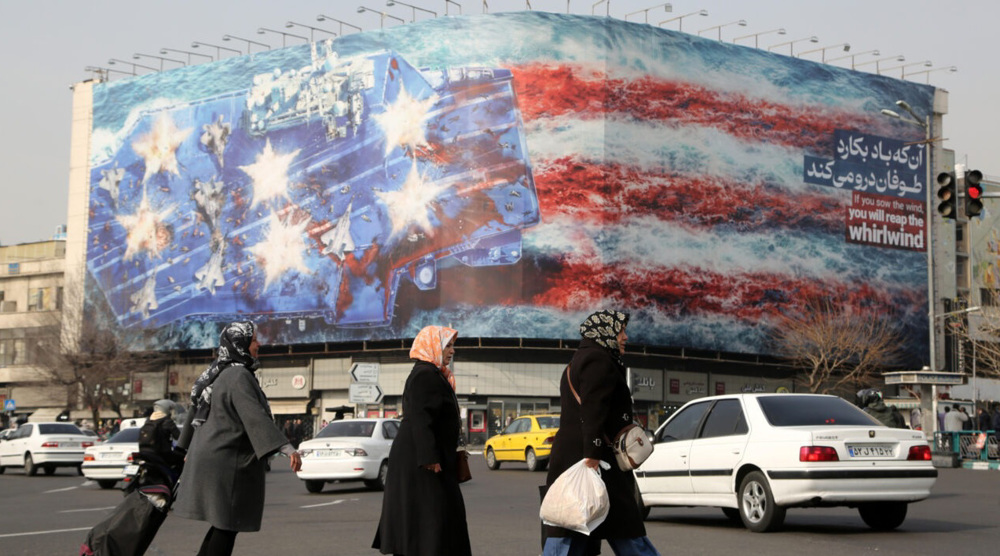
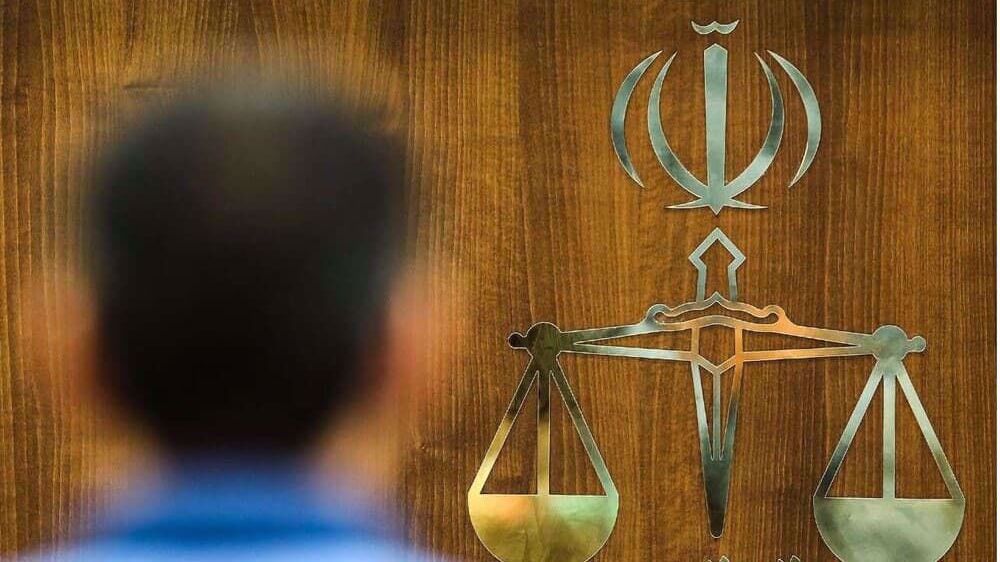



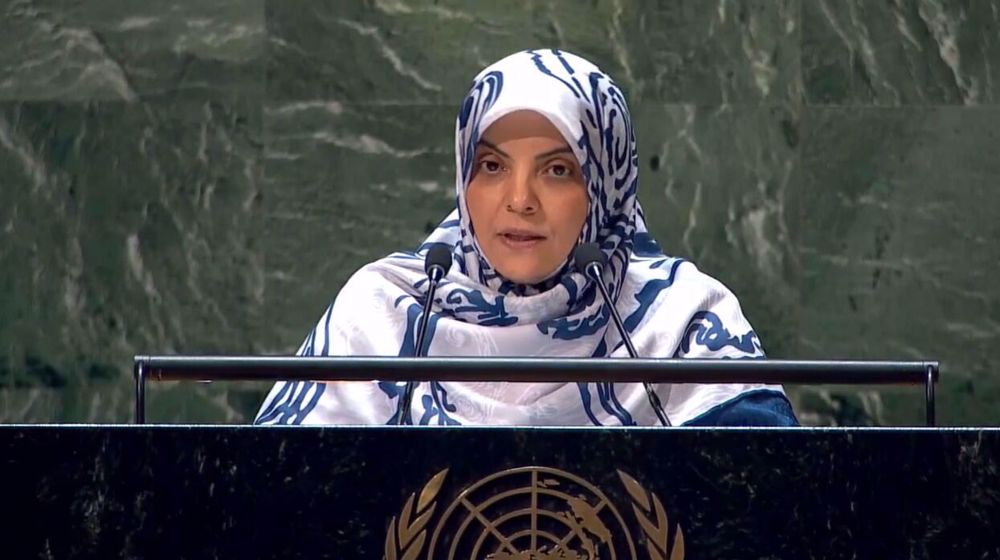
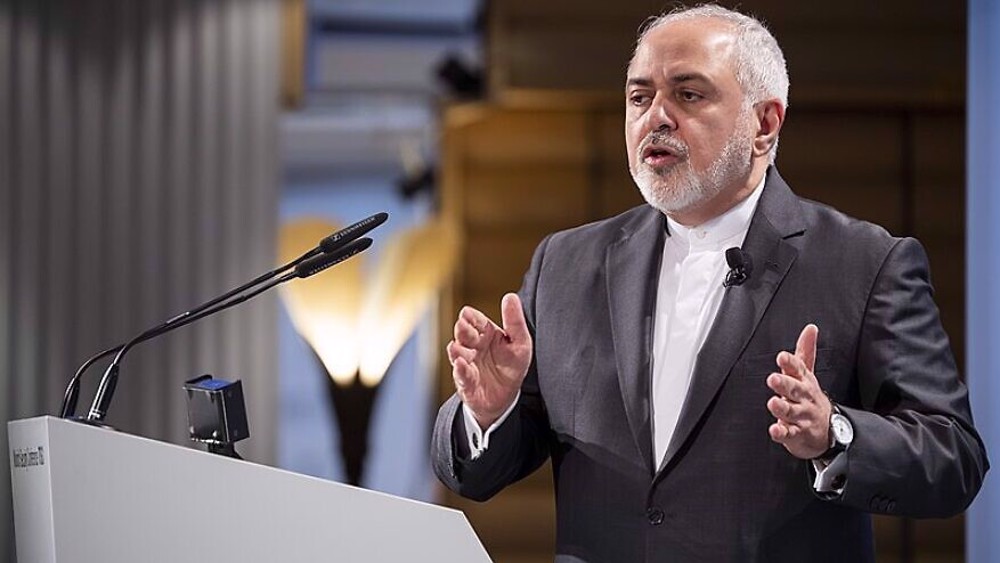

 This makes it easy to access the Press TV website
This makes it easy to access the Press TV website